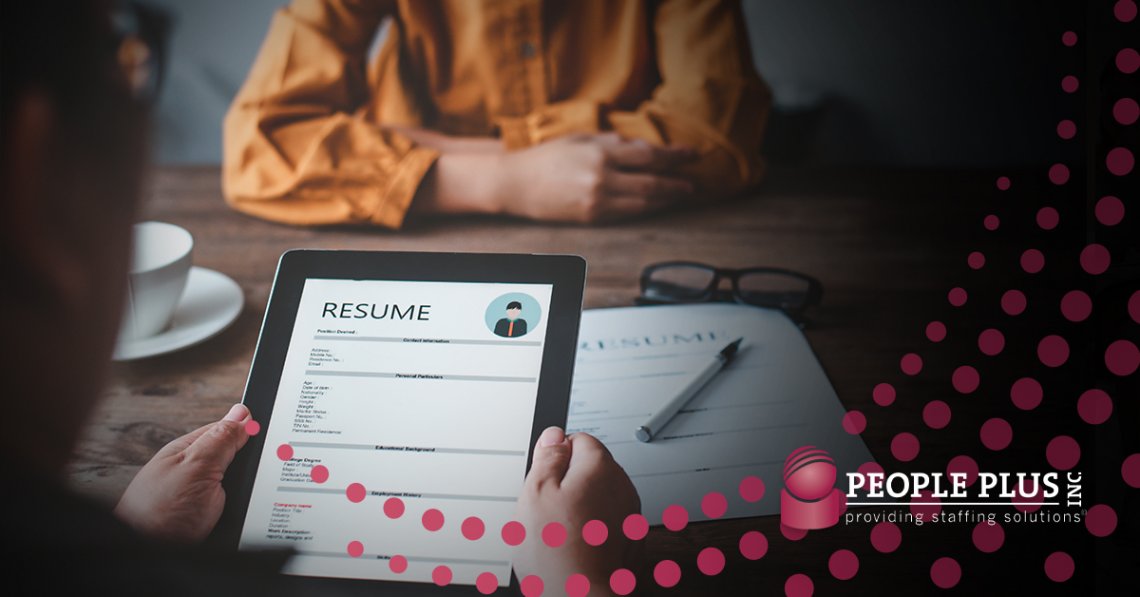
If you’ve been laid-off, the first worry is usually about how to make ends meet. Paying rent or the mortgage or other expenses are often top of mind. But you should also be concerned about how these gaps play out on your resume since many employers frown upon your having a gap in employment. However, sometimes an employment gap happens. How can you explain that when an employer inquires during the interview process? We have answers.
How to Address Employment Gaps During an Interview
An employment gap is a time in your resume where you weren’t working. These gaps can occur throughout your career voluntarily or involuntarily. These gaps can be a red flag for potential employers who seem to equate them with a lack of hire ability or some other negative connotation. You’ll need to address it in a way to set the employer at ease.
You can use your cover letter to explain a resume gap. That may help get you the interview. But when you’re talking directly to an employer, what should you say about a resume gap?
The first and most important thing is to be honest. Demonstrate your integrity by sharing candidly why there was a gap. Consider addressing how you kept your skills sharp during that time. Did you take any classes or seek certifications? Be prepared to talk candidly about the time in between jobs. Don't make the mistake of not being prepared; we promise most interviewers will hone in and ask about the gap between jobs. Make sure you prep for handling this just like you would any other question about your skills.
It’s okay to talk about taking time off to deal with a sick relative or even if you were burnt out in the corporate world. These things happen. If you were in an accident or ill, or had another health issue, the reality is most employers understand that life can happen. It’s what you did with your time that matters more. If you volunteered with an organization or helped out in another way or sought new skills during that time, talk about your choice as a deliberate act to make the best of what could have been a bad situation.
You can gain strong experiences in non-traditional activities that can ultimately add to your resume. Think about your employment gap and what you learned and then share that with your potential employer. Do this confidently. Share why you became unemployed with thesame clear-eyed, honest approach to what happened and how you kept moving forward despite the challenges of being off work. Employers understand what happened during COVID-19 and how the global pandemic changed everything for so many of us. The real question employers should ask you is not "What happened?" but instead, "What did you do to overcome it?"
PeoplePlus is standing by to help fill-in your resume gap. We have a variety of jobs available and would like to speak with you about your skills, goals, and experiences. Talk with our team of experienced recruiters to find out how we can help.

